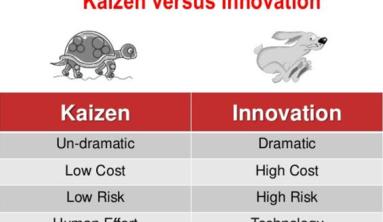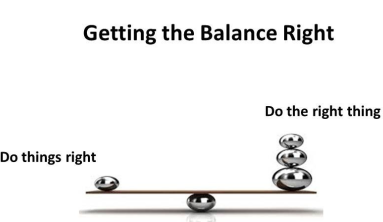Systems thinking is an approach to integration that is based on the belief that the component parts of a system will act differently when isolated from the system’s environment or other parts of the system. Standing in contrast to positivist and reductionist thinking, systems thinking sets out to view systems in a holistic manner. Consistent with systems philosophy, systems thinking concerns an understanding of a system by examining the linkages and interactions between the elements that comprise the whole of the system. Systems thinking in practice encourages us to explore inter-relationships (context and connections), perspectives (each actor has their own unique perception of the situation) and boundaries (agreeing on scope, scale and what might constitute an improvement). Systems thinking is particularly useful in addressing complex or wicked problem situations. These problems cannot be solved by any one actor, any more than a complex system can be fully understood from only one perspective. Moreover, because complex adaptive systems are continually evolving, systems thinking is oriented towards organizational and social learning – and adaptive management.
When you encounter situations which are complex and messy, then systems thinking can help you understand the situation systemically. This helps us to see the big picture – from which we may identify multiple leverage points that can be addressed to support constructive change. It also helps us see the connectivity between elements in the situation, so as to support joined-up actions. You can start with this LfS post – An introduction to systems thinking and systemic design – concepts and tools – that provides a framework for thinking about systems thinking in the context of a decision making cycle. The links below point to other sources introducing systems thinking and how to manage and facilitate it to support a collective understanding of a problem situation. More information on how this can be used to support collaborative and constructive social change can be found through the linked LfS pages on systemic design and systems thinking tools.






